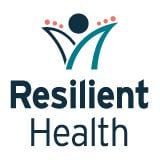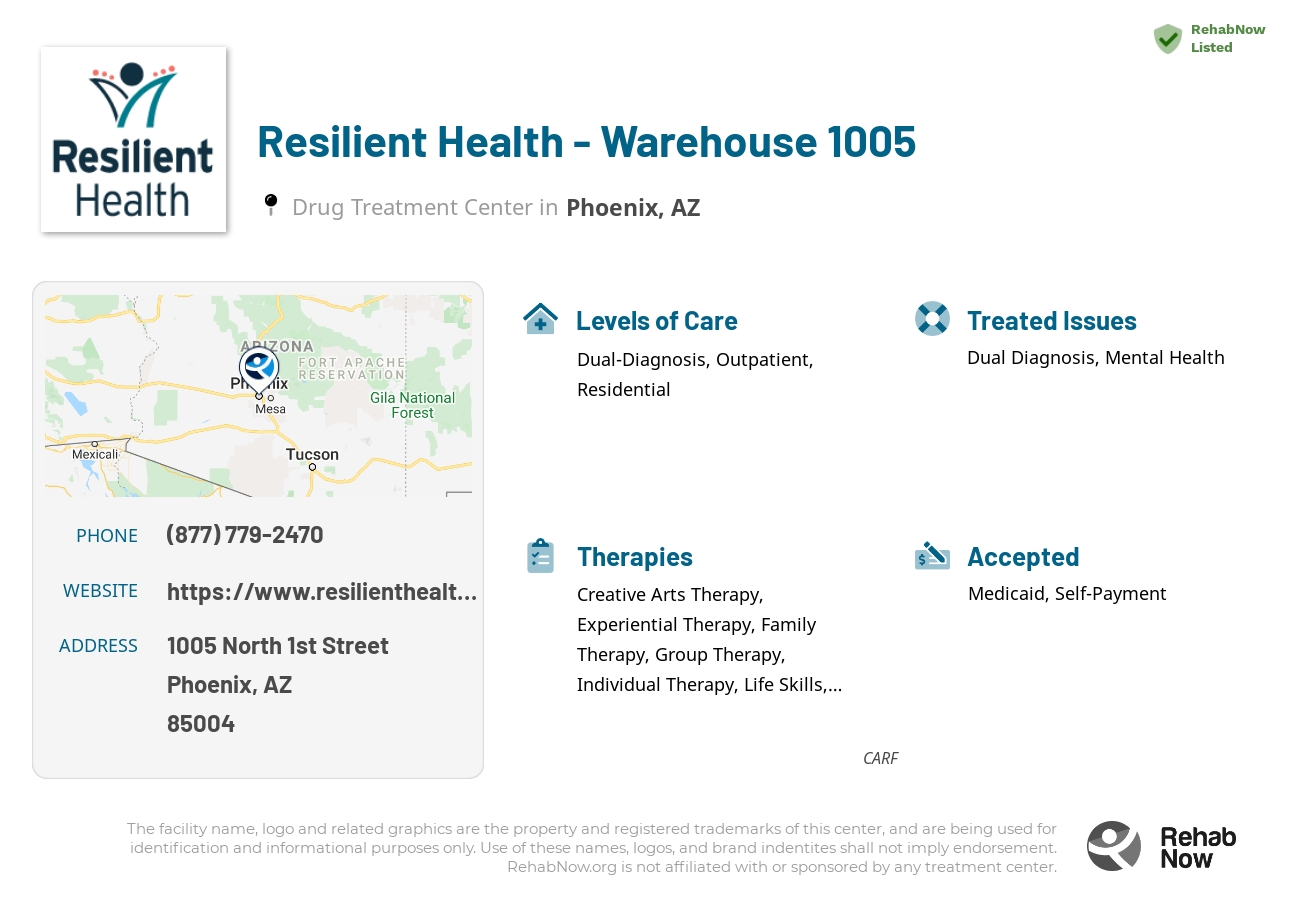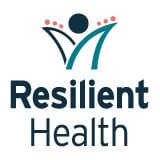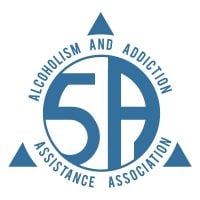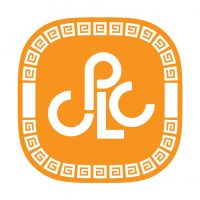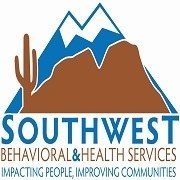Resilient Health - Warehouse 1005
Drug Rehab Center in Phoenix, Arizona
Resilient Health Warehouse 1005 is a premier addiction treatment facility in Phoenix, Arizona, certified by CARF and offering a range of inpatient and outpatient services, including creative arts therapy, experiential therapy, family therapy, group therapy, individual counseling, and trauma therapy.
About Resilient Health - Warehouse 1005 in Arizona
Resilient Health - Warehouse 1005 in Phoenix, Arizona, is known for its comprehensive approach to alcohol, drug rehab, and mental health treatments for various life challenges. Catering to both youth and adults, this facility stands out with its specialized programs, including outpatient and medication-assisted treatments that embrace resilience at their core.
- Comprehensive Treatment Approach: Offers both outpatient and medication-assisted treatments, focusing on individual needs, including trauma and psychiatric care.
- Variety of Services: Provides a wide array of services such as therapeutic art activities, first episode psychosis services, and group therapy, ensuring diverse care.
- Accepts Most Insurance Plans: Makes treatment accessible by accepting a variety of insurance plans, including major ones such as Blue Cross Blue Shield and United Healthcare.
Accredited by the Commission on Accreditation of Rehabilitation Facilities (CARF), Resilient Health - Warehouse 1005 is committed to high-quality care for individuals facing addiction and mental health issues. The facility supports a diverse patient population through its flexible programs and insurance acceptance, making the path to recovery more accessible.
Specializing in outpatient treatment for substance use, including opioid disorders, and a wide range of mental health challenges, Resilient Health provides individual and group therapy, along with relapse-prevention programming. Their method includes unique offerings such as therapeutic art and trauma services, underscoring a holistic approach to healing.
Genders
Ages
Modality
Additional
Accreditations

CARF
The Commission on Accreditation of Rehabilitation Facilities (CARF) is a non-profit organization that specifically accredits rehab organizations. Founded in 1966, CARF's, mission is to help service providers like rehab facilities maintain high standards of care.
Conditions and Issues Treated
Substance abuse is defined by the continued use of drugs or alcohol despite negative consequences, such as legal or work problems. It can be treated using a variety of services, including therapy and medication.
Substance abuse treatment is beneficial for:
- People who have been using drugs or alcohol for a long time.
- People who have been using drugs or alcohol to cope with stress, anxiety, or depression.
- People who have a mental health disorder in conjunction with substance abuse.
- People who continue to use drugs or alcohol despite the harmful effects they cause on their own life and the lives of others.
- People who have had multiple failed attempts at recovery without medical assistance.
If you believe that addiction treatment is right for you or a loved one, you can contact your primary care physician, or search for addiction treatment centers in your area. Treatment is beneficial to people who are motivated towards recovery, and who understand the benefits of professional care.
Dual Diagnosis treatment centers like Resilient Health - Warehouse 1005 provide this treatment tailored to the patient’s specific needs, and they also have a specialized focus on addiction treatment. Drug and alcohol addiction often coexists with another mental illness, such as depression or schizophrenia. In other words, drug addiction is only a symptom of a deeper problem.
When addiction enters into the picture, it can often lead to dangerous consequences in the addict’s life. For example, when addiction is paired with major depression, it can lead to suicidal thoughts or actions. When someone is addicted to drugs or alcohol, they often experience a failure to control their impulses and difficulty decision-making.
Dual diagnosis for drug addicts can be very effective when treating drug addiction in Phoenix, AZ.
Levels of Care Offered
This center offers a variety of custom treatment tailored to individual recovery. Currently available are Dual-Diagnosis, Outpatient, Partial-Hospitalization, Residential, with additional therapies available as listed below.
Outpatient treatment programs are less intensive than an inpatient program. Participants live at home while working or going to school. Benefits include being able to continue relationships with family, friends, and work/studies. Treatment includes educating patient on addiction to drugs, medication, and counseling. Benefits include being able to continue relationships with family, friends, and work/studies. Treatment includes educating patient on addiction to drugs, medication, and counseling. Counseling sessions are for either individual or group.
A Partial Hospitalization Program is the safest way for a person suffering from addiction to get treatment without putting their family at risk. The addict has the freedom to check in and out of treatment, yet they still receive outside guidance and confinement if needed to beat their addiction.
An addict in a Partial Hospitalization Program will meet with medical and psychological professionals and undergo drug testing, all of which can lead to a diagnosis and the beginning of an effective treatment plan. Treatment can include individual counseling, group therapy, family therapy, community support sessions, and more.
Residential treatment programs are those that offer housing and meals in addition to substance abuse treatment. Rehab facilities that offer residential treatment allow patients to focus solely on recovery, in an environment totally separate from their lives. Some rehab centers specialize in short-term residential treatment (a few days to a week or two), while others solely provide treatment on a long-term basis (several weeks to months). Some offer both, and tailor treatment to the patient’s individual requirements.
Therapies & Programs
Individualized Treatment is essential because it gives addicts the ability to participate in a program that meets their unique needs. An addict should work with professionals who understand what they’re going through, especially if the addict is actively using.
Trying to find a treatment program that meets your needs can be challenging. It’s even more complicated if you don’t know what kind of treatment you need. Being able to have professionals who are experienced with treating your situation is key to getting sober. Finding the right treatment program for an addict is difficult, but it’s even harder without communicating with those who have experience treating your specific situation.
Family dysfunction can often be the underlying cause of substance abuse. To get sober, you need to find a different way to cope with the pain in your life. Family therapy can help you and your family deal with old issues that may trigger substance abuse. It will help everyone understand why each member of the family feels and acts the way they do. It can give everyone new tools to manage their emotions so that they don’t want to drink or do drugs.
A person looking for drug recovery should know that group therapy is an essential tool. Group therapy provides accountability and friendship to people with addiction. It is recommended as a lifetime treatment habit. Group therapy occurs in a group setting as opposed to a one-on-one setting. It benefits patients by providing a feeling of support and letting them know they are not alone. Patients at Resilient Health - Warehouse 1005 also learn to build trust and understanding and gain perspective through discussions.
If you are looking for a drug addiction treatment program that also provides trauma therapy, then Resilient Health - Warehouse 1005 in Phoenix, AZ is a great option. The staff at this facility specialize in helping people process and understand the past traumas that have led them to addiction. This approach can help individuals move forward with their recovery and take a better hold of their sober future.
The benefits of trauma therapy at Resilient Health - Warehouse 1005 in Phoenix, AZ are as follows:
- People will become less likely to engage in self destructive behaviors.
- Their emotional and mental health will significantly improve.
- They will be more confident in their abilities to live an addiction-free life.
- People will be able to connect with other people on a deeper level.
- Their problems with intimacy and trust will improve.
Cognitive behavioral therapy (CBT) is a type of psychotherapeutic treatment that is focused on changing negative ways of thinking that contribute to addictive behavior.
Cognitive behavioral therapy is beneficial for:
- People who are seeking to overcome addictive behavior
- Those who struggle with addictive behavior and mental illness
- People who have a genetic history of addiction in their family
- Those who don’t want to depend on medications
- Those who need a more practical treatment approach
Eye Movement Desensitization and Reprocessing (EMDR) is an integrative psychotherapy approach that has been extensively studied and proven effective for treating trauma. EMDR is a set of standardized protocols that incorporates elements from many different treatment approaches. EMDR therapy promotes information processing of external stimuli, memories, thoughts, and feelings. EMDR sessions typically last 50-90 minutes and can be completed in as little as 12-15 sessions. However, many individuals with chronic trauma histories require more than 50 EMDR sessions to achieve significant symptom relief.
EMDR therapy treats individuals, children, and adults of either gender exposed to one or more traumatic events. EMDR cannot cause someone to forget details of the traumatic event(s), nor does EMDR focus on exploring the past trauma(s). EMDR has been demonstrated effective for survivors of various traumas, including accidents, natural disasters, violent crimes, sexual abuse, and combat stress.
EMDR is most effective when the client has completed a thorough psychiatric evaluation to rule out or treat any co-existing mental health problems. EMDR therapy does not involve hypnosis or abreaction (catharsis) of traumatic memories. EMDR is a goal-directed therapy in which the client works with the therapist to develop an individualized treatment plan that focuses on specific trauma memories and associated disturbance.
Life skills training is beneficial for addicts in recovery because it helps them learn how to take care of themselves and improve their quality of life, which can promote feelings of purpose and motivation.
This type of treatment works by teaching individuals life-enhancing skills that support positive living, including:
- Healthy lifestyle habits
- Skills to effectively manage stress
- Effective communication skills to help them get their needs met without turning to drugs or alcohol
- Money management and budgeting skills so they can continue to take care of themselves after treatment ends.
Patient Experience
Creative Arts
In Creative Arts Therapy for addicts, the final product matters far less than the experience of creation and expression itself. It is believed that enhancing creativity and developing skills related to it can help people recover faster. Activities such as painting, writing, acting, and dancing are considered therapeutic and hosted and managed by Resilient Health - Warehouse 1005 in Phoenix, AZ. They become outlets for patients to blow off steam, channel their emotions, and express their thoughts and feelings.
Experiential Therapy at Resilient Health - Warehouse 1005
Experiential therapy is a type of therapy that has been found to be effective in the treatment of substance abuse. It is a “hands-on” approach, which can involve anything from acting to rock climbing. The individual must trust the therapist for this therapy to work. This therapy helps individuals revisit and heal from past traumas and has been used in various behavioral and eating disorders.
Payment Options Accepted
For specific insurance or payment methods please contact us.
Is your insurance accepted?
Ask an expert, call (888) 674-0062
Resilient Health Associated Centers
Discover treatment facilities under the same provider.
- Resilient Health - North 2nd Street in Phoenix, AZ
- Resilient Health - Grande in Casa Grande, AZ
- Resilient Health - Tempe in Tempe, AZ
- Resilient Health - Douglas in Douglas, AZ
- Resilient Health - Yuma in Yuma, AZ
Learn More About Resilient Health Centers
Additional Details
Specifics, location, and helpful extra information.
Phoenix, Arizona 85004 Phone Number(877) 779-2470 Meta DetailsUpdated April 15, 2024
Staff Verified
Resilient Health - Warehouse 1005 Patient Reviews
There are no reviews yet. Be the first one to write one.
Phoenix, Arizona Addiction Information
Arizona has some of the highest rates of prescription drug abuse in the United States. Methamphetamines, heroin and morphine are among the most commonly abused substances. Prescription pain relievers were prescribed to 348 million people in 2012, enough to medicate every adult in Arizona for 2 full weeks. The number of people with substance use disorders in Arizona has remained relatively constant over the past few years.
In 2012, over 246,000 people were living in Phoenix dependent on or abusing drugs. This amounted to 10.8% of the city's population. In 2016, over 1,000 emergency room visits related to heroin and over 2,500 for cocaine. These numbers are only going up. There are many different rehabilitation facilities in the city and some 12-step meetings and support groups available for help.
Treatment in Nearby Cities
- Camp Verde, AZ (77.4 mi.)
- Huachuca City, AZ (162.2 mi.)
- Apache Junction, AZ (30.3 mi.)
- New River, AZ (31.8 mi.)
- Tucson, AZ (106.7 mi.)
Centers near Resilient Health - Warehouse 1005
The facility name, logo and brand are the property and registered trademarks of Resilient Health - Warehouse 1005, and are being used for identification and informational purposes only. Use of these names, logos and brands shall not imply endorsement. RehabNow.org is not affiliated with or sponsored by Resilient Health - Warehouse 1005.
